Open Sources 2.0. The Continuing Evolution Chris DiBona, Mark Stone, Danese Cooper
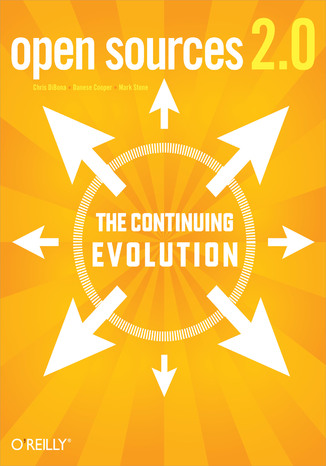



- Autorzy:
- Chris DiBona, Mark Stone, Danese Cooper
- Wydawnictwo:
- O'Reilly Media
- Ocena:
- Stron:
- 490
- Dostępne formaty:
-
ePubMobi
Opis
książki
:
Open Sources 2.0. The Continuing Evolution
Open Sources 2.0 is a collection of insightful and thought-provoking essays from today's technology leaders that continues painting the evolutionary picture that developed in the 1999 book Open Sources: Voices from the Revolution .
These essays explore open source's impact on the software industry and reveal how open source concepts are infiltrating other areas of commerce and society. The essays appeal to a broad audience: the software developer will find thoughtful reflections on practices and methodology from leading open source developers like Jeremy Allison and Ben Laurie, while the business executive will find analyses of business strategies from the likes of Sleepycat co-founder and CEO Michael Olson and Open Source Business Conference founder Matt Asay.
From China, Europe, India, and Brazil we get essays that describe the developing world's efforts to join the technology forefront and use open source to take control of its high tech destiny. For anyone with a strong interest in technology trends, these essays are a must-read.
The enduring significance of open source goes well beyond high technology, however. At the heart of the new paradigm is network-enabled distributed collaboration: the growing impact of this model on all forms of online collaboration is fundamentally challenging our modern notion of community.
What does the future hold? Veteran open source commentators Tim O'Reilly and Doc Searls offer their perspectives, as do leading open source scholars Steven Weber and Sonali Shah. Andrew Hessel traces the migration of open source ideas from computer technology to biotechnology, and Wikipedia co-founder Larry Sanger and Slashdot co-founder Jeff Bates provide frontline views of functioning, flourishing online collaborative communities.
The power of collaboration, enabled by the internet and open source software, is changing the world in ways we can only begin to imagine.Open Sources 2.0 further develops the evolutionary picture that emerged in the original Open Sources and expounds on the transformative open source philosophy.
"This is a wonderful collection of thoughts and examples bygreat minds from the free software movement, and is a must have foranyone who follows free software development and project histories."
--Robin Monks, Free Software Magazine
The list of contributors include
- Alolita Sharma
- Andrew Hessel
- Ben Laurie
- Boon-Lock Yeo
- Bruno Souza
- Chris DiBona
- Danese Cooper
- Doc Searls
- Eugene Kim
- Gregorio Robles
- Ian Murdock
- Jeff Bates
- Jeremy Allison
- Jesus M. Gonzalez-Barahona
- Kim Polese
- Larry Sanger
- Louisa Liu
- Mark Stone
- Mark Stone
- Matthew N. Asay
- Michael Olson
- Mitchell Baker
- Pamela Jones
- Robert Adkins
- Russ Nelson
- Sonali K. Shah
- Stephen R. Walli
- Steven Weber
- Sunil Saxena
- Tim O'Reilly
- Wendy Seltzer
Wybrane bestsellery
O'Reilly Media - inne książki
Dzięki opcji "Druk na żądanie" do sprzedaży wracają tytuły Grupy Helion, które cieszyły sie dużym zainteresowaniem, a których nakład został wyprzedany.
Dla naszych Czytelników wydrukowaliśmy dodatkową pulę egzemplarzy w technice druku cyfrowego.
Co powinieneś wiedzieć o usłudze "Druk na żądanie":
- usługa obejmuje tylko widoczną poniżej listę tytułów, którą na bieżąco aktualizujemy;
- cena książki może być wyższa od początkowej ceny detalicznej, co jest spowodowane kosztami druku cyfrowego (wyższymi niż koszty tradycyjnego druku offsetowego). Obowiązująca cena jest zawsze podawana na stronie WWW książki;
- zawartość książki wraz z dodatkami (płyta CD, DVD) odpowiada jej pierwotnemu wydaniu i jest w pełni komplementarna;
- usługa nie obejmuje książek w kolorze.
Masz pytanie o konkretny tytuł? Napisz do nas: sklep@helion.pl
Książka drukowana


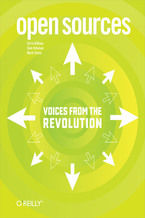


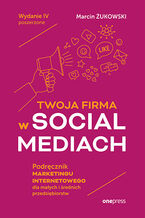

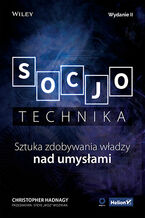



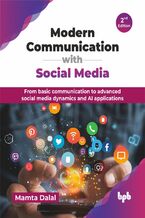
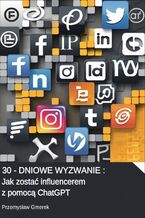
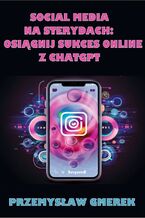






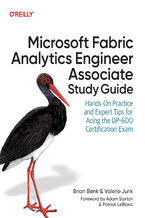
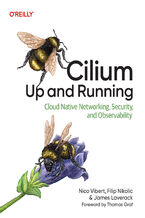
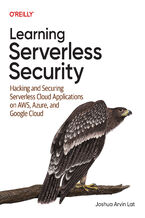
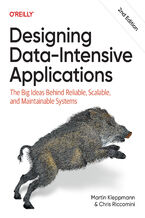
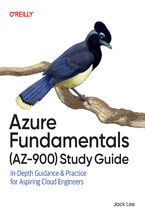
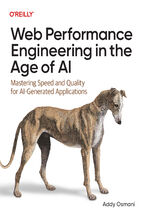
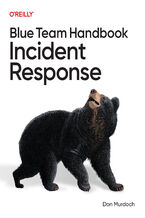
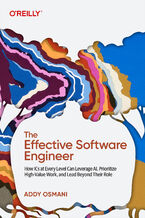
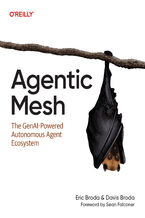
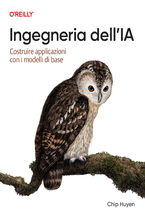



Oceny i opinie klientów: Open Sources 2.0. The Continuing Evolution Chris DiBona, Mark Stone, Danese Cooper
(0)